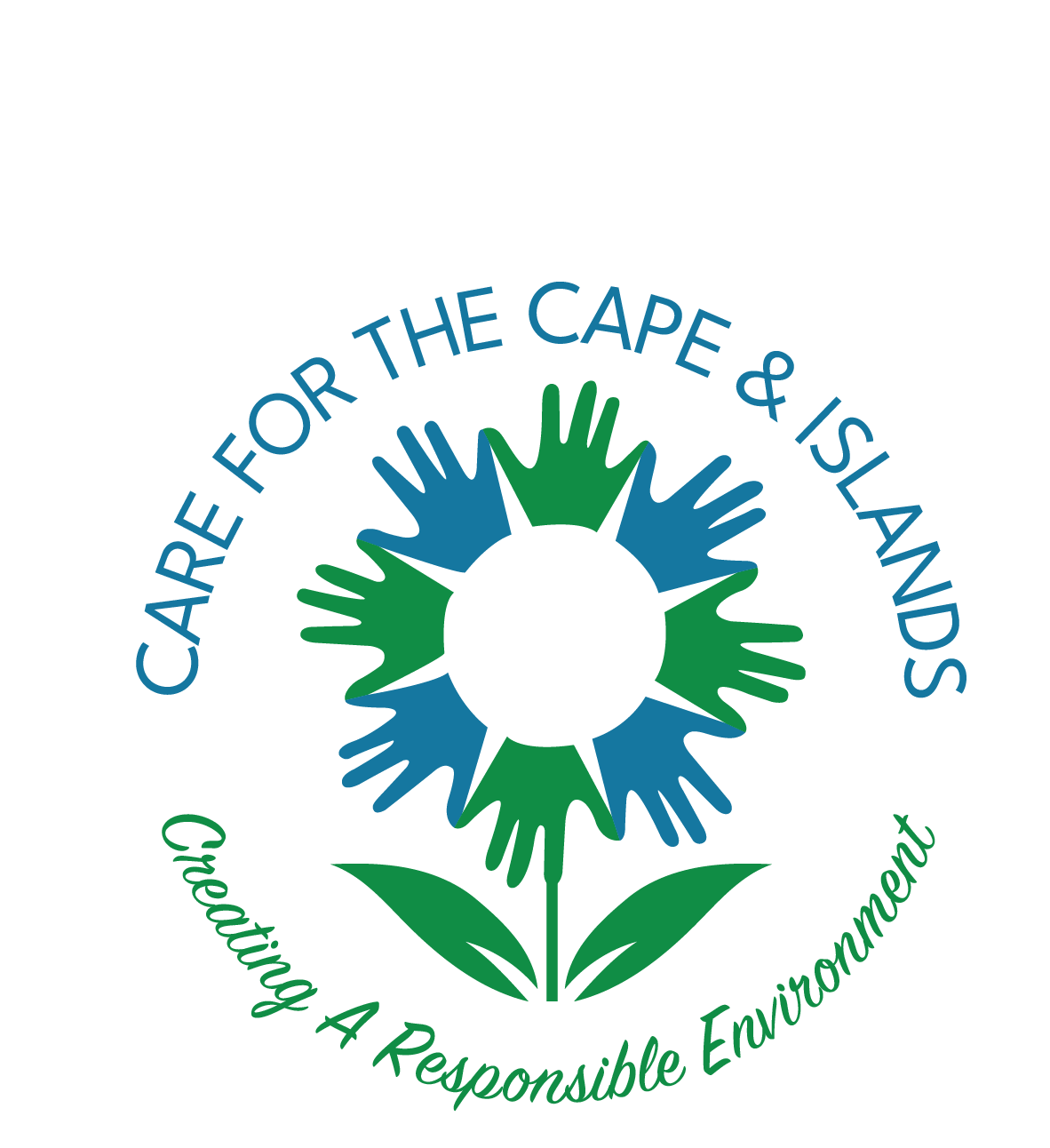Saving the planet is not just the responsibility of governments, national, state and local, but of each of us.
Where does small business fit into the sustainability equation?
Well, small businesses can improve sustainability efforts and minimize their environmental impact. The first step is to look for the green opportunities in your business. And finding opportunities doesn’t have to be time-consuming or disruptive.
With everything else a small business owner needs to be attentive to, why go “green”? It builds your brand when you are known to be taking care of the environment. You can align with your employee values. If they are concerned about the environment and you take positive steps to address sustainability, then your alignment will engender employee retention and loyalty. It improves health, reduces costs (sometimes) and can actually financially benefit the business by taking advantage of tax breaks for going green. So what can you, a small business, do to become more sustainable?
- Set up recycling. Instead of treating all trash as equal, set up a local recycling station so that employees remember to recycle. They need to be visible. They need to be convenient and marked so that printer cartridges, batteries and paper are separated for recycling.
- Convert to a paperless office. Paper is a major source of waste. By going paperless you reduce the amount of paper you buy and waste. You don’t need as much space to store paper and maybe even operate out of a smaller space requiring less energy to function. Less paper means less printing, less electricity use, less mail and a resulting savings on transportation and energy.
- Work-from-home option. Although getting very controversial, having a hybrid work policy of several days a week working from home reduces emissions resulting from commuting.
- Organize green challenges. Sometimes competition becomes the catalyst for change. You can increase the impact of going green and getting your employees more engaged by offering a challenge to reduce company waste, cutting down on printing jobs, bringing lunches in reusable containers, cleaning up neighborhoods near the office, and encouraging vegetarian lunches.
- Upgrade lighting. Lighting uses lots of energy. Start by using more natural light in the workplace. LED and CFL bulbs are two energy-efficient options. Using motion-detecting sensors reduces the amount of energy used by leaving lights on when the room is not in use.
- Support environmental causes. As a business owner, you can be a sponsor of energy-saving community activities or encourage your employees to be participants in those activities. By giving back to the community, you are proactively adding to sustainability and team-building at the same time. CARE for the Cape and Islands is one of those organizations where you and your employees can volunteer.
Looking to go “green”? The nonprofit organization CARE for the Cape and Islands has programs to help:
- Reduce your footprint: Look for tips to reduce waste and limit consumption of plastics and natural resources that can save your business money while protecting the planet.
- Engage clients and employees by sharing your good work, which exponentially increases your positive impact while building employee satisfaction and customer loyalty.
- Join CARE for Cape & Islands’ Waste Reduction Working Group to make an impact on your business and community.
- Giving a percentage of sales, adding an opt-in fee for guest contribution or building CARE into your annual budget with a tax-deductible donation is a sure way to show your commitment to an enduring future for the Cape and Islands. Visit https://careforthecapeandislands.org for more information.
Other ways small businesses can be more sustainable, according to VPS (Vehicle Protection Services), is to decorate offices with green plants, cut back on single-use items, improve packaging, support green suppliers, install solar panels, and use alternative energy.
David Troutman, co-owner of Scargo Café in Dennis, was recently asked what he and his staff were doing to overcome the challenges they faced in becoming more sustainable. He said they initially looked at biodegradable, metal reusable, and even offering straws on request only, but they are currently using paper straws since the market has driven down the price of paper, and the issue in the eyes of the customer seems to have abated. The restaurant is also seeking alternatives to plastic take-out and “doggie bag” containers.
Learning that only 30 percent of the water provided to diners is actually consumed, Scargo now only offers water upon request to save on this scarce resource. It saves in cost as well as being a “green” initiative that has worked.
Dave and Catherine Ferraresi, owners of Gustare Gourmet have been keenly aware of reducing use of plastic tasting cups and paper/packaging supplies which cannot easily be recycled in Massachusetts.
“Polypropylene bags (best for heavy bottles) have been discontinued for more paper goods made from recyclable packaging supplies,” the Gustares said. ”We offer reusable fabric bags for frequent guest convenience. All wine shipping supplies are made from recycled cardboard.”
Gustare estimates up to 95 percent of paper, cardboard and plastics used in their business are further recycled and sorted appropriately.
“Unfortunately, our most significant expense increases (up to 60 percent) have been in packaging supplies and freight/shipping expenses over the past two years.”
Contributed by: Marc L. Goldberg, Certified Mentor, SCORE Cape Cod & the Islands – www.score.org/capecod. FREE and confidential mentoring. Sources: David Troutman, Scargo Café Dennis; Adam Gracia, CARE for the Cape and Islands, “15 Ways Business Can Go Green;” VPS, “10 Easy and Impactful Green Initiative to Try With Your Company;” Indeed, “Prioritizing the Planet,” James Chin Moody, Sendle CEO.

























